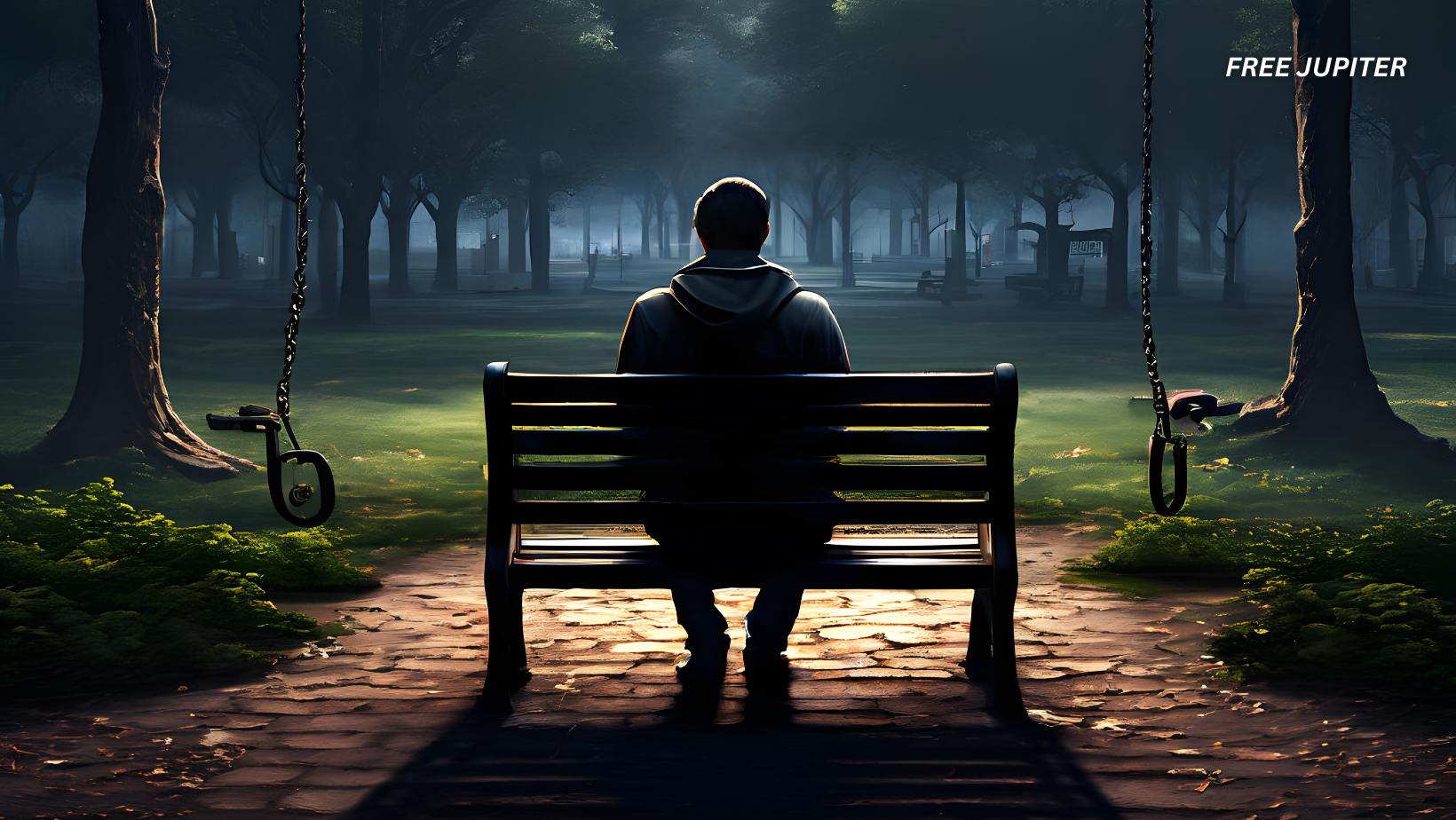Note: FreeJupiter.com shares general info for curious minds 🌟 Please fact-check all claims—and always check health matters with a professional 💙
Here’s a surprising truth: that person who skips the after-party to curl up with a book isn’t “missing out.” They’re onto something powerful. While society often insists that happiness depends on constant connection, research says otherwise. Those who genuinely enjoy solitude aren’t broken, awkward, or anti-social. In fact, they’ve unlocked qualities many of us spend years trying to cultivate.
Solitude and loneliness are two different experiences. Loneliness feels empty; solitude feels full. People who embrace the latter have quietly developed traits most of us envy. Here are ten of the most impressive ones:
1. They Have Next-Level Self-Awareness
People who appreciate solitude often know themselves better than most. They can tell you why that offhand remark last week irritated them or which early experience shaped their confidence. This isn’t arrogance—it’s the outcome of spending uninterrupted time with their own thoughts instead of drowning them out with endless distractions.
Studies suggest that while 95% of people believe they’re self-aware, only about 10–15% actually are. Those who embrace solitude fall into this rare category. They’ve faced uncomfortable questions head-on, explored their triggers, and learned their emotional patterns.
This deep understanding pays off. They make smarter decisions, maintain healthier relationships, and waste less time chasing things that don’t matter. They’re not guessing who they are—they know.
Read More: Psychologists Say Preferring Solitude Is Linked to 7 Unique Personality Traits
2. Creativity Flows Naturally
Ever wonder why your best ideas strike in the shower or on a quiet walk? That’s the brain’s “default mode network” kicking in—a state linked to creativity. People who enjoy solitude give themselves this mental space regularly.
While others attend brainstorming sessions, solitude seekers let ideas emerge organically. They aren’t forcing inspiration; they’re creating the perfect environment for it. History backs this up: countless breakthroughs, from groundbreaking theories to tech innovations, were born in quiet moments of reflection.
When the mind isn’t overloaded, creativity flourishes. For solitude lovers, this isn’t a rare spark—it’s a daily occurrence.
3. They’re Emotionally Independent
Notice how some people panic during a personal crisis and immediately reach out to half their contacts for validation? Those comfortable with solitude don’t operate that way. They process emotions internally first, reaching out for help only when necessary.
This independence isn’t about rejecting support—it’s about building resilience. They don’t rely on others to regulate their mood or soothe their anxiety. Relationships benefit too because they’re not looking for partners or friends to “fix” them. They show up whole, not as emotional burdens.
4. They Possess Laser-Sharp Focus
In a world obsessed with multitasking, people who love being alone have mastered deep focus. They can read without checking their phone every five minutes. They can dive into projects for hours without losing steam.
This isn’t magic—it’s practice. Solitude trains the mind to stay with one task without external stimulation. Over time, this becomes a superpower in a distracted society. While most people wrestle with productivity hacks, solitude seekers thrive on pure concentration.
5. They’re Authentically Themselves
Spending time alone strips away the noise of external opinions. People who value solitude aren’t chasing trends or adjusting their personality to fit every crowd. They’ve discovered what they truly like, believe, and value—because they’ve taken the time to listen to themselves.
This authenticity shields them from peer pressure and shallow validation. They build their identity from the inside out. Ironically, by caring less about fitting in, they often become more magnetic. There’s something undeniably appealing about someone who is entirely themselves.
Read more: 8 Life Choices You Never Need to Justify to Anyone
6. Their Emotional Intelligence Runs Deep
Forget the stereotype of the cold, detached loner. People who enjoy solitude often excel at reading emotions—both their own and others’. Time alone gives them space to analyze feelings without rushing. As a result, they recognize subtle cues others miss: the tightness in someone’s voice, a fleeting expression, the unspoken tension.
Because they’ve done the inner work, they can handle tough conversations and offer genuine empathy. They know when to give space and when to step in. In short, they’ve mastered the art of emotional balance.
7. They Approach Problems Differently (And Often Better)
When a challenge arises, solitude lovers don’t rush to consult a committee. They retreat, reflect, and return with solutions others overlook. This comes from a thinking style called “divergent thinking”—generating multiple creative solutions instead of sticking to conventional paths.
Freed from groupthink and constant feedback, they let their minds wander into uncharted territory. This independence often leads to innovative results. It’s not necessarily about being smarter—it’s about giving thought the breathing room it needs.
8. They’ve Built Quiet Resilience
Here’s a hidden advantage: people who embrace solitude are already comfortable with discomfort. They’ve endured long, unstructured hours alone without scrambling for distraction. They’ve faced restlessness and anxiety head-on, learning that uncomfortable feelings eventually pass.
When life throws a curveball, they don’t crumble. They know how to self-soothe, adapt, and carry on. While others rely on external reassurance, they’ve developed inner stability that acts like emotional armor.
9. They Value Quality Over Quantity
Those who love solitude make careful choices about where they invest their time, energy, and attention. Every commitment competes with their cherished alone time, so they choose wisely. This leads to fewer—but deeper—friendships, fewer hobbies—but with mastery, and experiences that feel meaningful rather than rushed.
It’s not about living a smaller life; it’s about a richer one. For them, one profound conversation beats ten superficial chats. A quiet weekend with a favorite book can outshine a crowded social calendar.
10. They’re Comfortable With Themselves (And It Shows)
Perhaps the most enviable trait of all: they genuinely like their own company. Many people fill silence with noise because they fear being alone with their thoughts. Solitude lovers? They thrive in it. This comfort radiates outward, creating a calm confidence others can sense.
This doesn’t mean they avoid people—they often have great social skills. It means they enter relationships from a place of wholeness, not neediness. They’re not searching for someone to complete them—they already feel complete.
Read more: 8 Things Authentic Friends Do That Fake Friends Never Will
Solitude: The Hidden Superpower
The world often praises constant connectivity, but the quiet strength of solitude shouldn’t be underestimated. Many traits we admire—creativity, focus, resilience, authenticity—grow in the stillness we usually avoid.
Here’s the twist: people who love being alone often make the best company. They’re grounded, interesting, and genuinely present. While others chase external validation, they’ve discovered a profound truth: sometimes the best way to connect with the world is to first connect with yourself.










